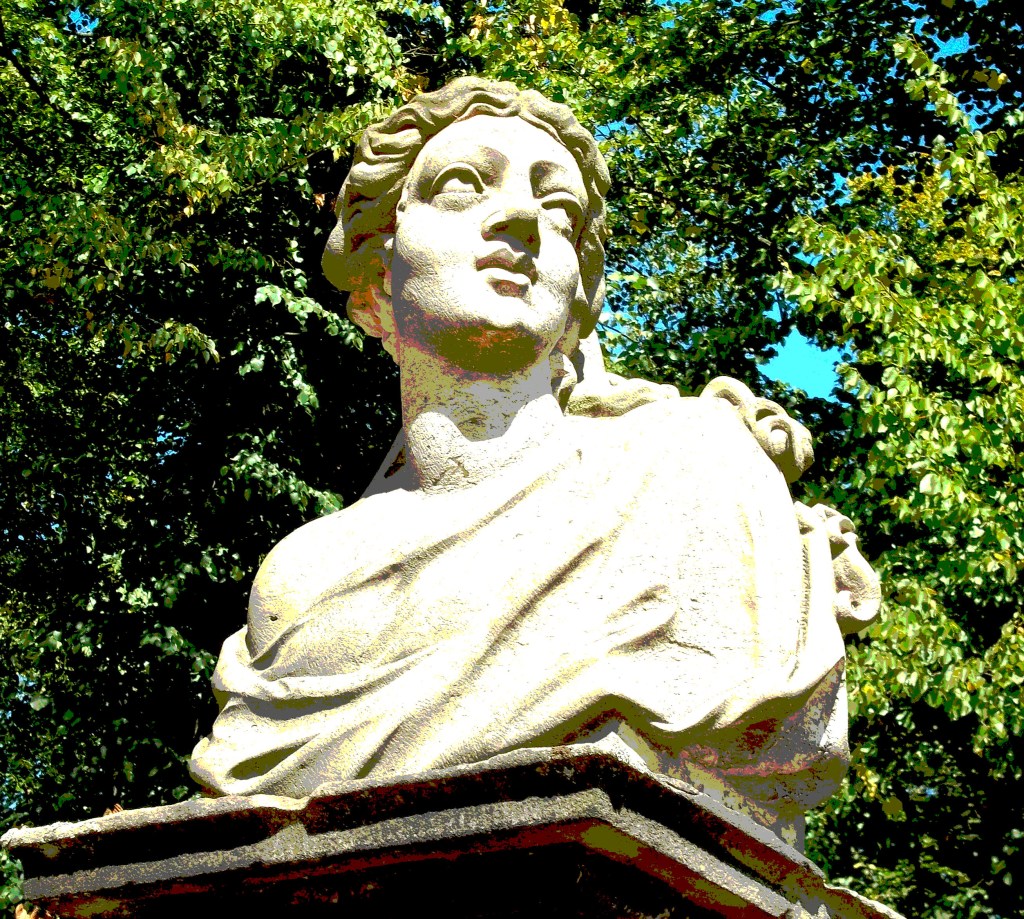First, you must understand that there is no one definition of a classic work. There is the assumption that the work is well-known. But, in which periods has it gained fame? If it is a current written work, will this fame outlast the life of the author? If so will it be a few years, decades, or centuries?
I first encountered the term “classic” in reference to art and understood that this term referred to the art style from a particular period, the one with the growth of Greek city-states beginning about 500 B.C. and ending 323 B.C., at the death of Alexander the Great. There are other cultures with other classic periods or rapid growth in artistic expression. Although, Alexander the Great’s empire spread Greek culture and art, Alexander was actually a Macedonian. Military empires often do not come up with their own “culture,” but adopt one from a conquered region because having a similar language and culture makes it much easier to rule a huge empire. When the Romans took over, they were too busy building roads and outposts for their huge empire, so they adopted many aspects of the Greek culture.
Fast forward several hundred years to the Renaissance. Europeans rediscovered this “classic” style spread by the Roman empire, including the literature of that earlier time. So what makes classic literature a classic? Largely it’s acceptance by academia. Harold Bloom of Yale University is known for his book about books, The Western Canon: The Books and Schools of the Ages. This discussion of classic books is obviously biased towards English literature. Bloom credits William Shakespeare’s plays and poetry with giving rise to the style of writing that continued to inspire the great works of European literature.
Shakespeare did not write for other highly educated people but was an actor, writer and producer of popular entertainment.
Most students do not realize that Shakespeare was not an “academic.” He did not write for other highly educated people. This renaissance playwright was an actor, writer and producer of popular entertainment. Common people paid a small amount to go stand for hours and watch his plays just like modern people crowd into movie theaters (at least prior to Covid-19). Many people also do not realize that Shakespeare’s plays contain quite a bit of suggestive language. One perceptive student said to me, “If you don’t understand a particular phrase in a Shakespearean play, it is probably R-rated.”
However, the fact that his work has lasted so long is an indication of its general appeal and quality. It’s also an indication of how much the actors wanted to take part in his popular plays. Shakespeare remained famous when other playwrights faded from history because these actors paid to get his work published. What also contributed to Shakespeare’s work becoming “classics” was his popularity as an author within a growing political power. It helped that Shakespeare was writing at the dawn of the British empire and wrote historical plays parroting the monarchy’s view.
During the growth of an empire, certain people have the luxury of producing art for a living wage. To become well know as an author at the point at which a country starts influencing the rest of the world is indeed fortunate. It seems as if the power of a nation is as important to a work to becoming a classic as the artistic worth of the work. However, that doesn’t means those classics are the best works that exist, just the most well-known.

